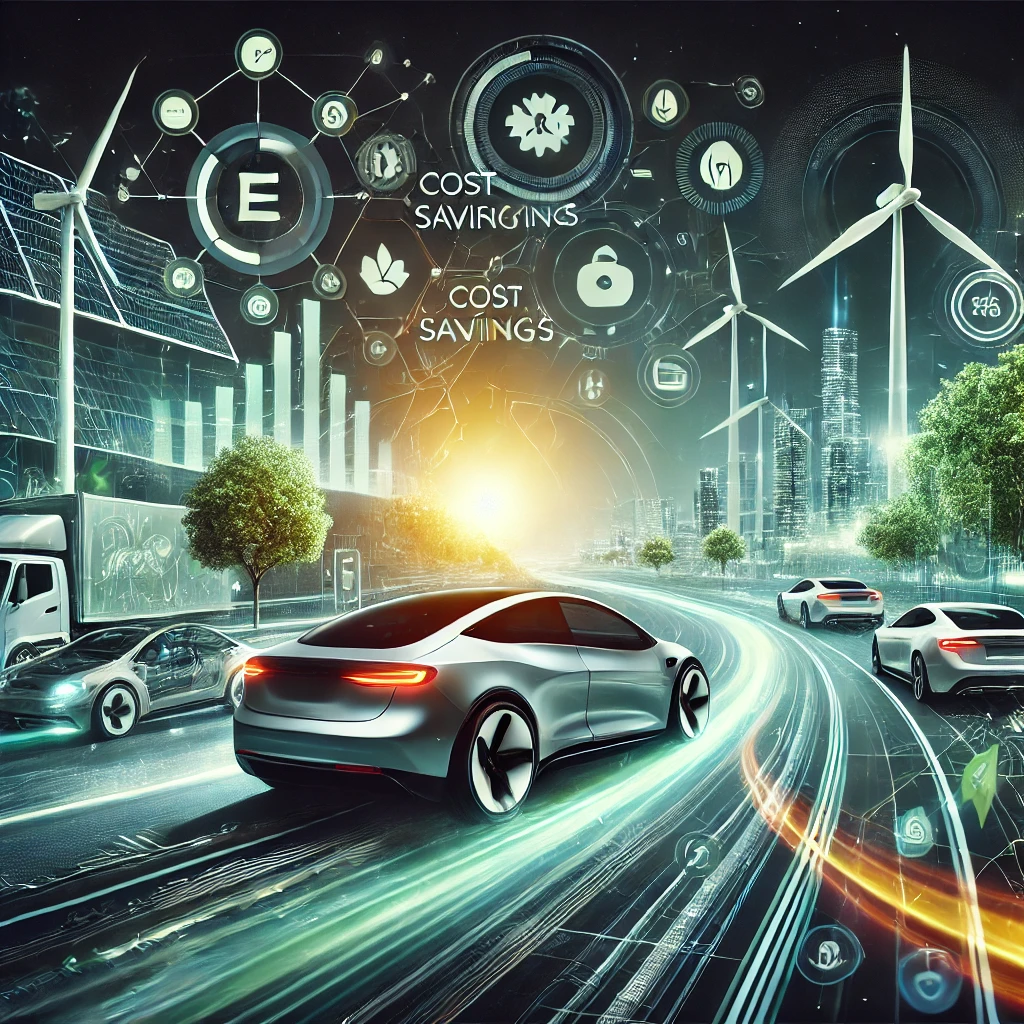
The Rise of Electric Cars: Benefits and Challenges
The Electric Revolution: A Glimpse Into the Future
Electric cars have come a long way, and it's exciting to think about how they're shaping the future of transportation. With advances in green technology, people are starting to realize that these cars offer more than just an eco-friendly driving experience. They’re not just a trend; they’re the future. But with every silver lining comes a cloud, and electric cars face their own set of challenges. Let’s dive into the benefits, challenges, and how they relate to larger climate change solutions.
Why Electric Cars? The Benefits of Going Green
If you’re wondering whether making the switch to an electric vehicle (EV) is really worth it, you're not alone. There are numerous benefits to going electric, and many of them tie into the larger movement towards sustainable living.
Reducing Your Carbon Footprint
One of the most compelling reasons to choose an electric car is the reduction in greenhouse gas emissions. Unlike traditional gas-powered vehicles, EVs produce zero tailpipe emissions, meaning you're directly contributing to the fight against climate change.
Lowering Transportation Costs
Although electric vehicles tend to have a higher upfront cost, they save you money in the long run. With fewer moving parts and no need for gas, maintenance costs are generally lower. Plus, the cost of charging an EV is much cheaper than fueling a conventional car.
Boosting Energy-Efficient Innovations
Electric cars are just one example of energy-efficient innovations that are revolutionizing the way we think about transportation. From solar-powered charging stations to energy-efficient appliances in homes, these advancements are working together to reduce our dependence on fossil fuels.
Challenges in the Road Ahead
As exciting as electric vehicles are, they do face a few hurdles that need to be addressed before they can become a truly mainstream mode of transportation.
Charging Infrastructure
One of the biggest concerns for potential EV owners is the lack of widespread charging stations. While more are being built each year, the current infrastructure is still lacking, especially in rural or remote areas.
Battery Life and Cost
Battery technology has come a long way, but it's still not perfect. The cost of replacing a battery can be high, and while most EV batteries last a long time, they will eventually need to be replaced. That said, battery advancements are expected to reduce costs and increase lifespan over time.
Environmental Impact of Battery Production
Though electric cars themselves are cleaner, the production of the batteries can have an environmental impact. Mining for lithium, cobalt, and other materials needed for batteries raises concerns over sustainability and the environmental costs of their extraction.
Connecting Electric Cars to Renewable Energy
Electric vehicles aren’t just a piece of the puzzle; they’re a key element in a larger movement toward renewable energy. By powering EVs with clean sources like solar or wind power, we can drastically reduce our carbon footprint.
Solar Power for Homes and EV Charging
Imagine charging your electric vehicle using solar power at home. This isn’t a far-off dream – it’s happening now! Solar panels are becoming more affordable, and many homeowners are integrating them with their EV charging stations to create a truly sustainable lifestyle.
Best Electric Vehicles for 2025
The EV market is evolving quickly, with many automakers releasing new models that combine innovation with energy efficiency. Whether you're looking for something sleek, eco-friendly, or affordable, there’s a car out there that fits your lifestyle. Let’s look at some of the best electric vehicles coming in 2025.
Making Your Home More Energy-Efficient
In addition to driving an electric car, there are numerous other ways to reduce your carbon footprint. For instance, you can make your home more energy-efficient by opting for energy-efficient appliances, upgrading insulation, and utilizing smart home technology to manage your energy consumption.
Top Green Building Techniques
When it comes to sustainable living, green building techniques are at the forefront. From energy-efficient homes to green roofs and sustainable materials, these techniques are making new homes more energy-efficient and environmentally friendly. Integrating these strategies into your home can significantly reduce your overall environmental impact.
Energy-Efficient Appliances
We’ve all heard about energy-efficient appliances, but what exactly makes them "energy-efficient"? These appliances are designed to consume less energy while still delivering high performance. They range from refrigerators to washing machines, all contributing to the reduction of your household’s energy use.
How to Live a Zero-Waste Lifestyle
Want to make an even bigger impact? Consider adopting a zero-waste lifestyle. This approach focuses on reducing, reusing, and recycling in an effort to minimize waste sent to landfills. By embracing sustainable habits, you’re not only benefiting the planet but also living a more intentional life.
Climate Change Solutions: A Holistic Approach
Electric vehicles are just one part of the solution to the climate crisis. To tackle the issue head-on, we need a holistic approach that involves renewable energy adoption, waste reduction, and innovative technologies. Together, we can make a real difference.
The Role of Green Technology Reviews
Staying informed on the latest green technology reviews is key to understanding how we can move forward in sustainable living. Whether it’s a new EV model or a solar power innovation, green technology is constantly evolving to make our lives more eco-friendly.